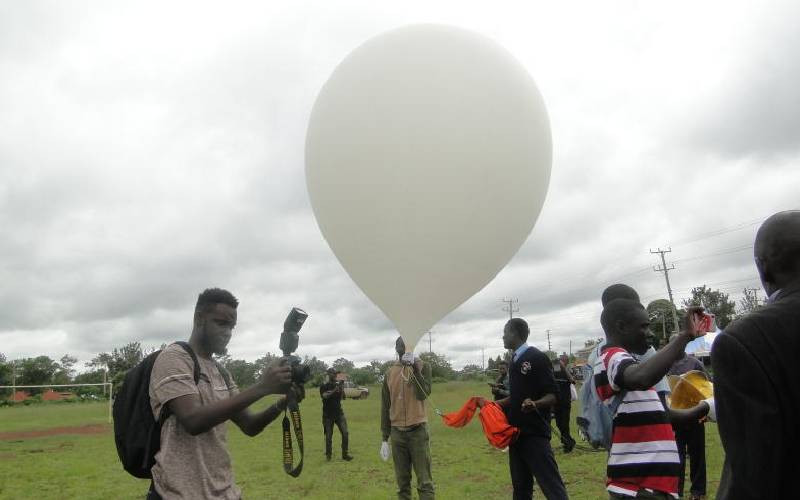×
The Standard e-Paper
Home To Bold Columnists

The high cost of publishing climate-related content in top research journals has continued to widen research gaps in Africa, climate experts have said.
The experts revealed that while climate change is a global problem, it is often acute one in Africa yet research focused on Africa remains limited. The experts, drawn from across the continent, held a four-day meeting in Nairobi recently to discuss the knowledge gaps that are unique to the continent.